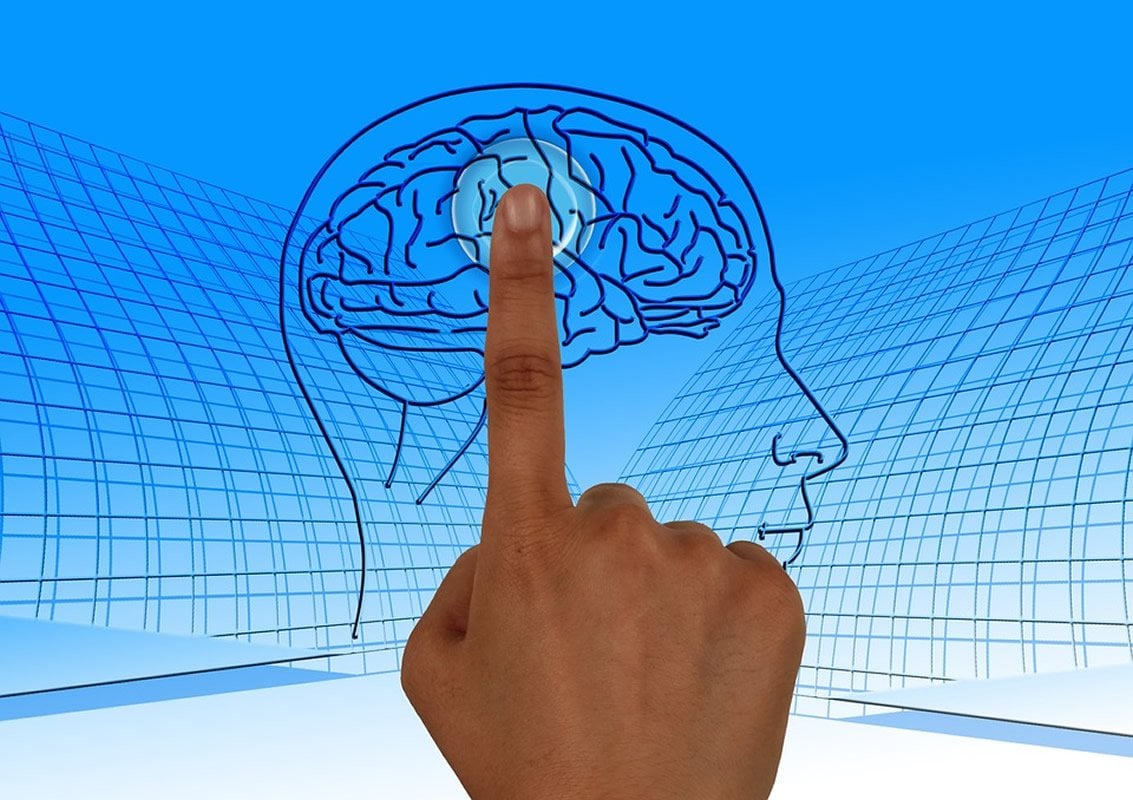Summary: Playing online games which are mentally taxing can help older adults to reduce cognitive decline associated with aging. Older adults who played brain training games showed similar brain functionality as younger people who were less practiced at the games.
Source: UC Irvine
A University of California, Irvine-led study has found that online brain game exercises can enable people in their 70s and even 80s to multitask cognitively as well as individuals 50 years their junior. This is an increasingly valuable skill, given today’s daily information onslaught, which can divide attention and be particularly taxing for older adults.
“The brain is not a muscle, but like our bodies, if we work out and train it, we can improve our mental performance,” said lead author Mark Steyvers, a UCI professor of cognitive sciences.
“We discovered that people in the upper age ranges who completed specific training tasks were able to beef up their brain’s ability to switch between tasks in the game at a level similar to untrained 20- and 30-year-olds.”
The findings, published in Proceedings of the National Academy of Sciences, underscore the cognitive cost of multitasking, which dilutes function by splitting focus, as well as the ways in which people across the lifespan can overcome the brain drain brought on by both the increasingly cluttered multimedia environment and the natural aging process.

For the study, Steyvers and his colleagues partnered with Lumosity, an online platform that offers a variety of daily brain training games. They focused on data from “Ebb and Flow” – a task-switching game that challenges the brain’s ability to shift between cognitive processes interpreting shapes and movement. Of the millions of people who played the game between 2012 and 2017, researchers randomly sampled the performance of about 1,000 users within two categories: those who ranged in age from 21 to 80 and had completed fewer than 60 training sessions; and adults 71 to 80 who had logged at least 1,000 sessions.
They found that the majority of older and highly practiced players were able to match or exceed the performance of younger users who had not played very much. Any lead seniors had, though, significantly declined after the 21- to 30-year-olds had completed more than 10 practice sessions.
“Medical advances and improved lifestyles are allowing us to live longer,” Steyvers said. “It’s important to factor brain health into that equation. We show that with consistent upkeep, cognitive youth can be retained well into our golden years.”
Guy E. Hawkins, Frini Karayanidis and Scott D. Brown of Australia’s University of Newcastle contributed to the study.
Source:
UC Irvine
Media Contacts:
Pat Harriman – UC Irvine
Image Source:
The image is in the public domain.
Original Research: Open access
“A large-scale analysis of task switching practice effects across the lifespan”. Mark Steyvers, Guy E. Hawkins, Frini Karayanidis, and Scott D. Brown.
PNAS. doi:10.1073/pnas.1906788116
Abstract
A large-scale analysis of task switching practice effects across the lifespan
An important feature of human cognition is the ability to flexibly and efficiently adapt behavior in response to continuously changing contextual demands. We leverage a large-scale dataset from Lumosity, an online cognitive-training platform, to investigate how cognitive processes involved in cued switching between tasks are affected by level of task practice across the adult lifespan. We develop a computational account of task switching that specifies the temporal dynamics of activating task-relevant representations and inhibiting task-irrelevant representations and how they vary with extended task practice across a number of age groups. Practice modulates the level of activation of the task-relevant representation and improves the rate at which this information becomes available, but has little effect on the task-irrelevant representation. While long-term practice improves performance across all age groups, it has a greater effect on older adults. Indeed, extensive task practice can make older individuals functionally similar to less-practiced younger individuals, especially for cognitive measures that focus on the rate at which task-relevant information becomes available.






